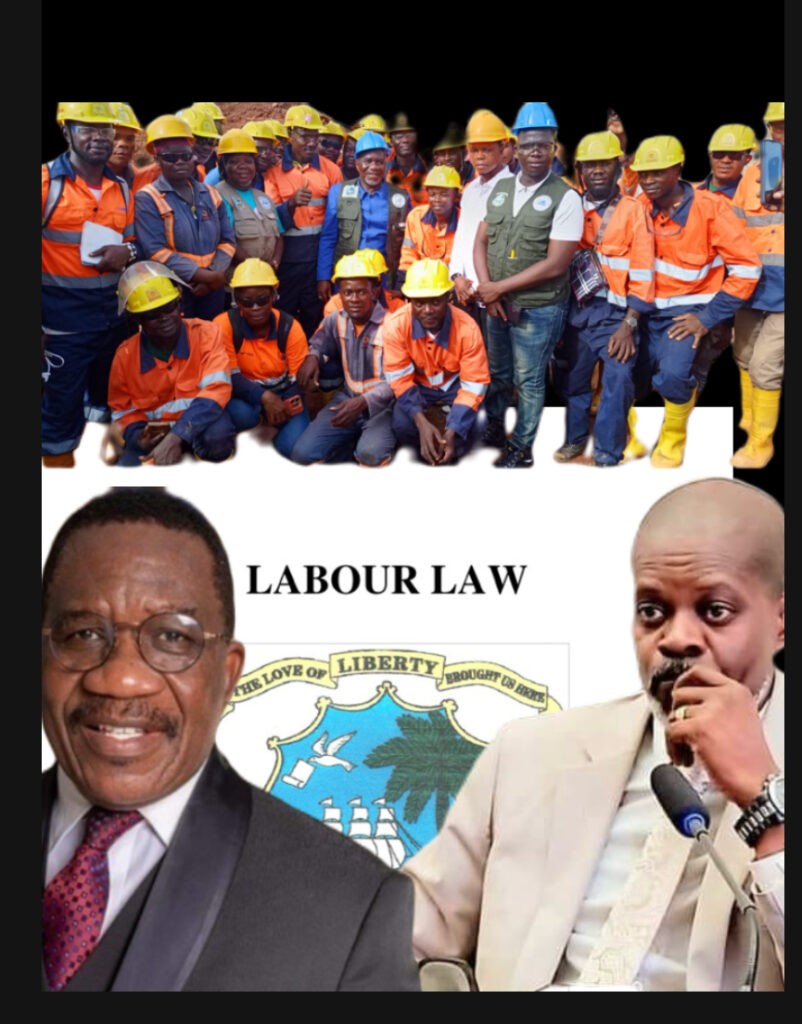Following calls by Montserrado County Senator Abraham Darius Dillon to review the issuance of work permits to foreign workers, the Ministry of Labor has announced the suspension of issuing and renewing work permits for unskilled expatriates.
It can be recalled that Senator Dillon, during the opening of the Liberian Senate, urged his colleagues to review the process of issuing work permits to aliens and foreigners, while raising concerns that foreign workers are taking jobs that could be filled by Liberians.
“We have to review the issuance of work permits to aliens and foreigners. Issuing work permits to them annually is depriving thousands of Liberians of private-sector jobs,” he said.
The Montserrado lawmaker, known for being vocal on governance issues, noted that the labor law is clear on when a work permit should be issued to an expatriate to work in Liberia.
“If you read the labor law, a work permit is issued to foreigners for jobs that Liberians, both in and out of Liberia, are not qualified or interested in doing. However, if we issue that work permit, it should be for a year, and the foreigner occupying that position should train a Liberian to do the work.”
Senator Dillon pledged to invite Labor Minister Cllr. Cooper Kruah to explain the situation before the Senate.
But what seems to be a direct reaction to the Senator’s call, Labor Minister Cllr. Cooper Kruah has declared that the Ministry will no longer grant work permits to unskilled foreign laborers, starting when current permits expire.
According to the Ministry of Labor’s press release, the move comes after complaints from local workers during the Minister’s tour of foreign-owned companies, including ArcelorMittal and Mahathi Infra, who reported that expatriates were being hired for simple tasks that Liberians could perform.
Kruah emphasized that President Joseph Boakai’s administration is committed to prioritizing job opportunities for Liberians and urged companies to replace unskilled foreign workers with local talent.
He also ordered companies to review employee rosters and address issues such as payroll disparities, working conditions, and contract terms, particularly for Liberian employees.


